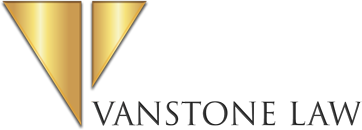Professional discipline cases are those that involve allegations of misconduct or incompetence against a regulated professional. Regulated professionals are individuals who have been licensed or certified by a professional association or regulatory body. This includes a wide range of professions, such as doctors, nurses, lawyers, accountants, and engineers.
Professional discipline cases can be brought by a variety of parties, including patients, clients, colleagues, and the professional association itself. The specific process for bringing a discipline case varies among the professions, but there are some general steps that are common to all cases.
The first step typically involves filing a complainant with the professional association. The association will then investigate the complaint to determine if there is sufficient evidence to support it. If there is, the association will refer the complaint to a disciplinary committee.
The disciplinary committee will hold a hearing to consider the evidence and make a decision about whether the professional has committed misconduct or incompetence. If the committee finds that the professional has committed misconduct or incompetence, it can impose a variety of penalties, including fines, suspension, or revocation of their license.
There are a wide range of different types of professional discipline cases. Some of the most common types include:
- Negligence or professional incompetence: This includes allegations that the professional has failed to meet the standard of care expected of their profession.
- Unprofessional conduct: This includes allegations that the professional has engaged in behaviour that is inappropriate or unbecoming of their profession.
- Dishonesty or fraud: This includes allegations that the professional has lied to or cheated their patients, clients, or colleagues.
- Sexual misconduct: This includes allegations that the professional has engaged in sexual harassment or assault of a patient, client, or colleague.
- Impairment: This includes allegations that the professional is impaired by drugs or alcohol, or that they have a mental or physical condition that prevents them from practicing their profession safely.
- Inadequate record keeping: Most professionals are required to maintain detailed files and records which are subject to audits for compliance. Allegations of inadequate record keeping is one of the most common sources of complaints resulting in professional discipline.
Professional discipline cases are important because they help to protect the public from harm. By holding regulated professionals accountable for their misconduct or incompetence, professional associations help to ensure that the public can receive safe and competent services.
This article is for informational purposes only and is not legal advice. Contact us today to discuss your specific situation.
